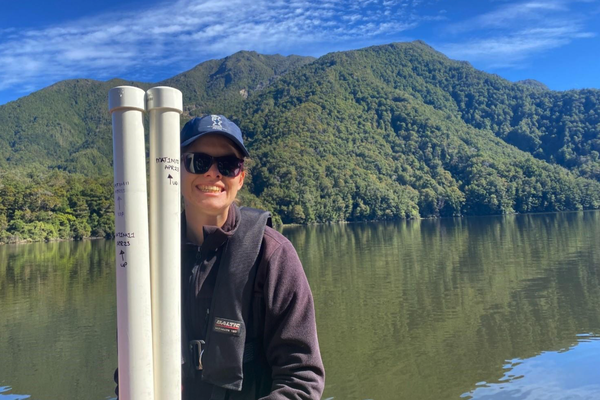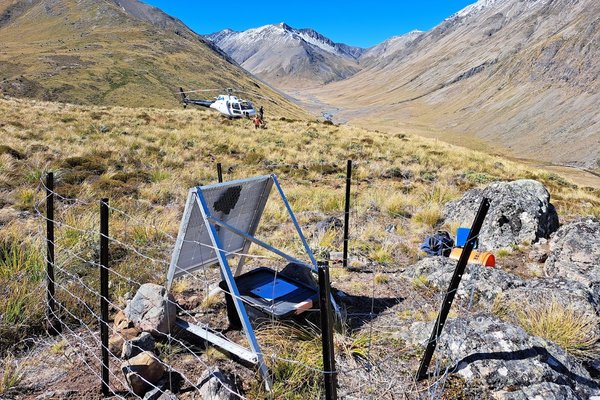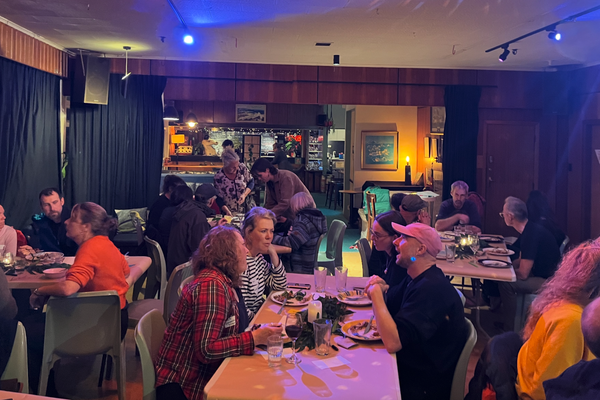Central Aotearoa-NZ occupies an area known as the Transition Zone, where our largest plate boundary faults: the Hikurangi Subduction Zone and the Alpine Fault converge.
Ngā Ngaru Wakapuke aims to deepen our understanding of Transition Zone earthquake behaviour to accurately forecast the economic, societal, and environmental hazards posed by large earthquake sequences.
Our research will also transform our approaches to disaster risk reduction to mitigate the major consequences posed by earthquake sequences through partnering with communities, iwi, business, infrastructure providers and government to drive preparedness action that increases resilience.



